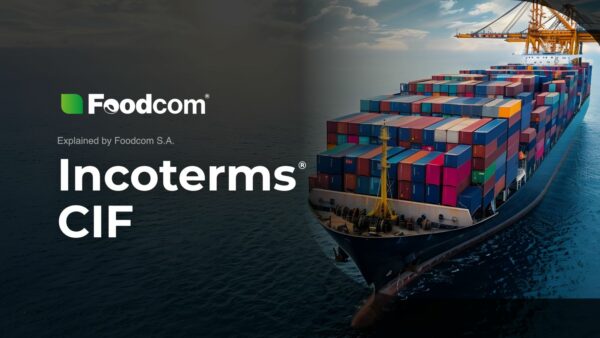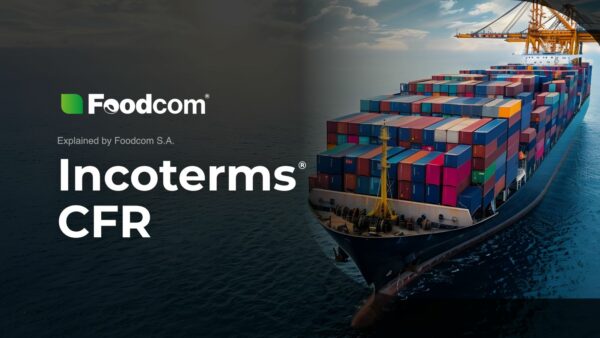CIF – what is it?
CIF, an acronym for “Cost, Insurance, and Freight,” is a term used in international trade and shipping. Under a CIF agreement, the seller is responsible for covering the costs associated with transporting goods to a designated port or destination, insuring the goods against potential risks during transit, and managing all freight charges. The liability of the seller ends once the goods are delivered to the specified port or location. From that point on, all further costs and responsibilities, including import duties and onward transportation, fall upon the buyer. CIF is one of the many Incoterms, which are internationally recognized standards for shipping and freight.
Most common questions
1. How does CIF differ from other shipping terms?
CIF is distinct from other shipping terms in its scope of responsibility for the seller. While terms like FOB (Free On Board) end the seller’s obligation once the goods are loaded onto the ship, CIF mandates that the seller manages and funds the journey up to the destination port, including insurance coverage. The specific responsibilities under each term vary, making it essential to understand and choose the right term for each transaction.
2. Why is CIF commonly used in the food, feed, and industrial sectors?
Given the sensitivity, regulations, and potential risks associated with products in the food, feed, and industrial sectors, CIF offers a level of assurance to buyers. By covering insurance, sellers can ensure that goods are protected against potential damages or losses during transit, which can be especially vital for perishable or high-value products.
3. What should buyers be aware of when agreeing to CIF terms?
While CIF provides convenience, buyers must be aware that they take on risk once the goods reach the destination port. This includes potential damages during unloading or storage. Additionally, buyers should ensure they understand any additional costs, such as import duties or local transportation, that aren’t covered by the CIF price.
4. How does insurance work under CIF?
Under CIF, the seller is obligated to procure insurance for the goods during their journey to the destination port. This insurance typically covers potential damages or losses that might occur during transit. However, the level of coverage can vary, so both parties should agree on the extent of insurance protection beforehand.
5. Can CIF be used for any mode of transport?
Traditionally, CIF was used specifically for maritime transport. However, its usage has expanded in some contexts to cover other modes of transportation. Still, when dealing with non-maritime shipping, terms like CIP (Carriage and Insurance Paid to) might be more appropriate. It’s crucial to consult with experts or relevant guidelines when selecting the right Incoterm for a specific mode of transport.





